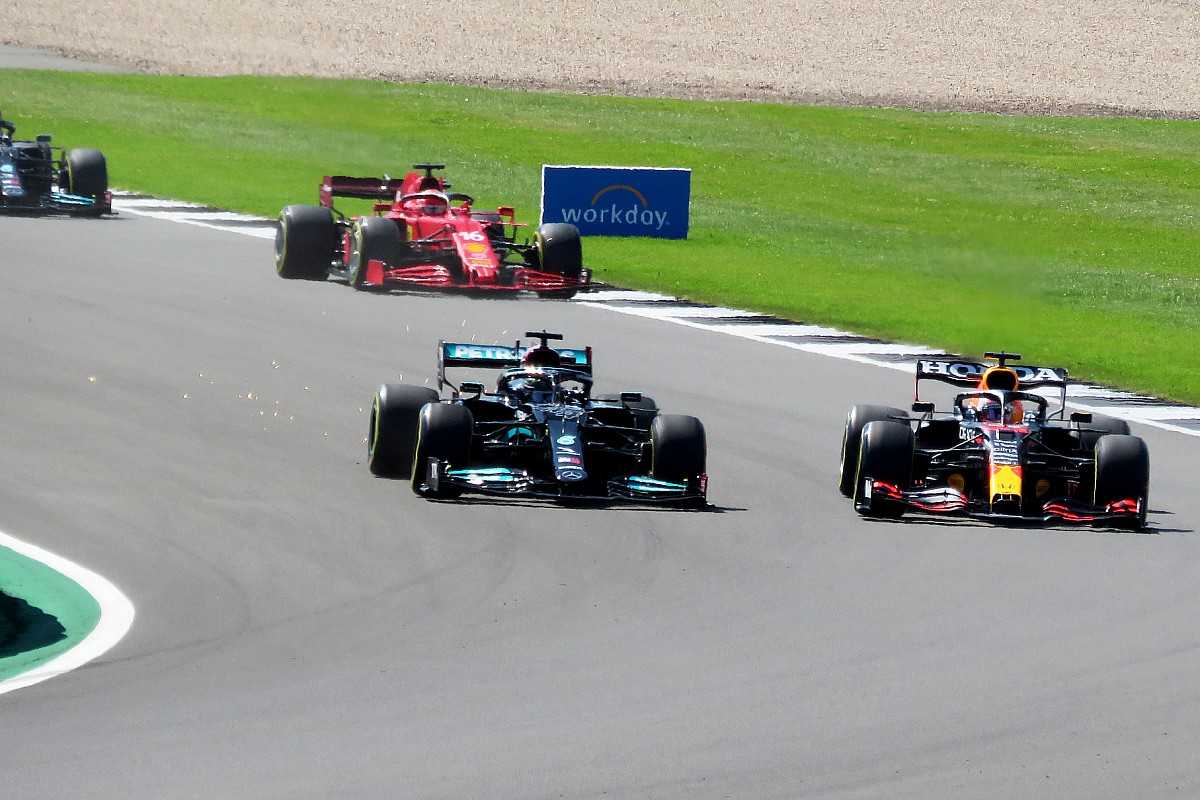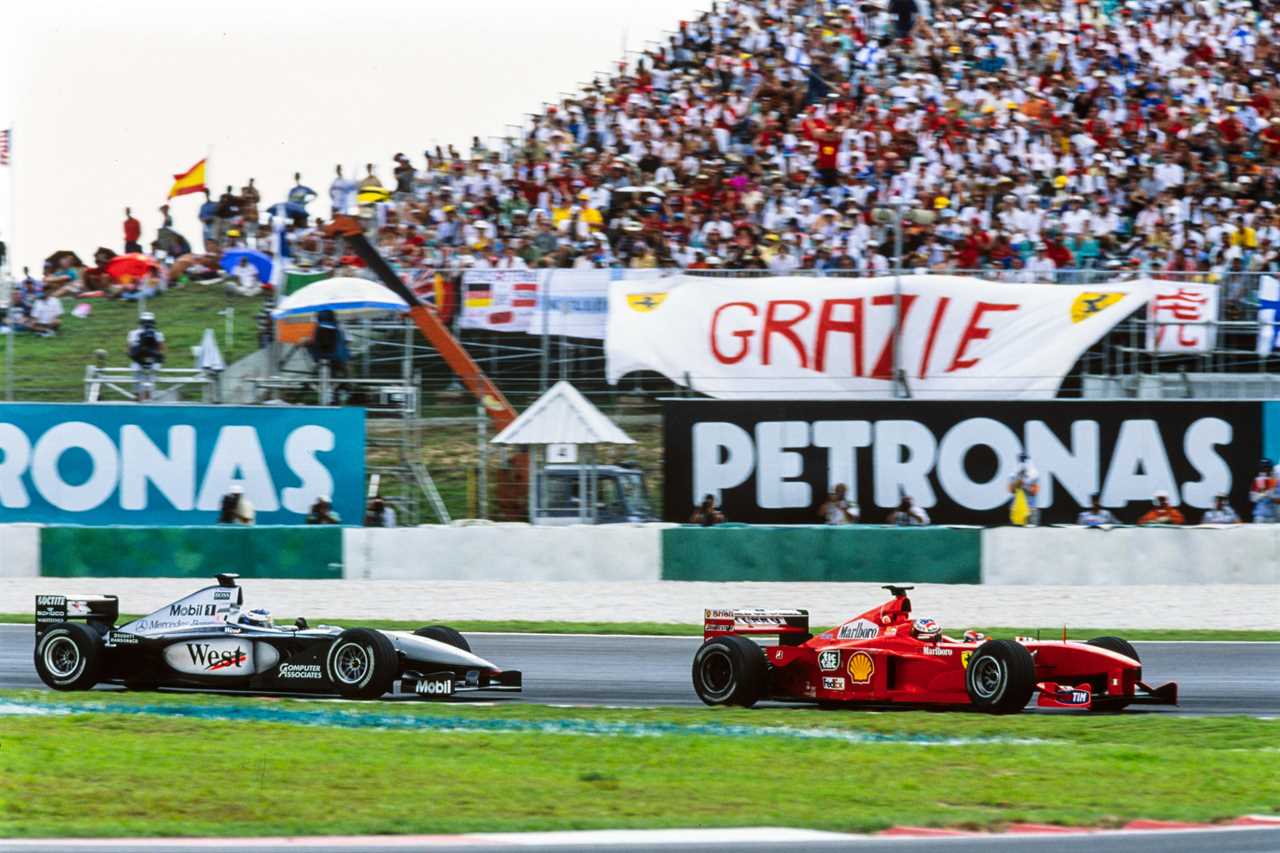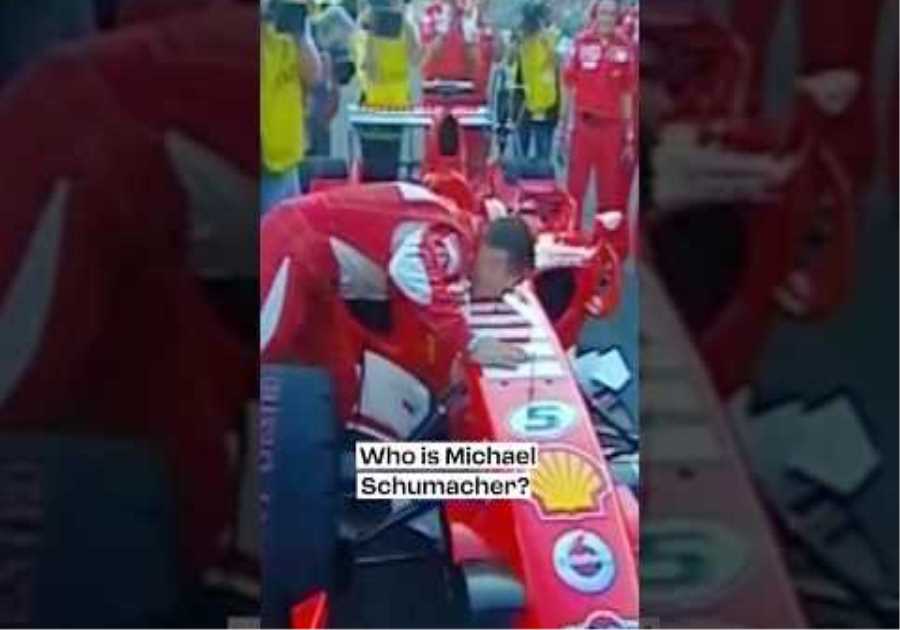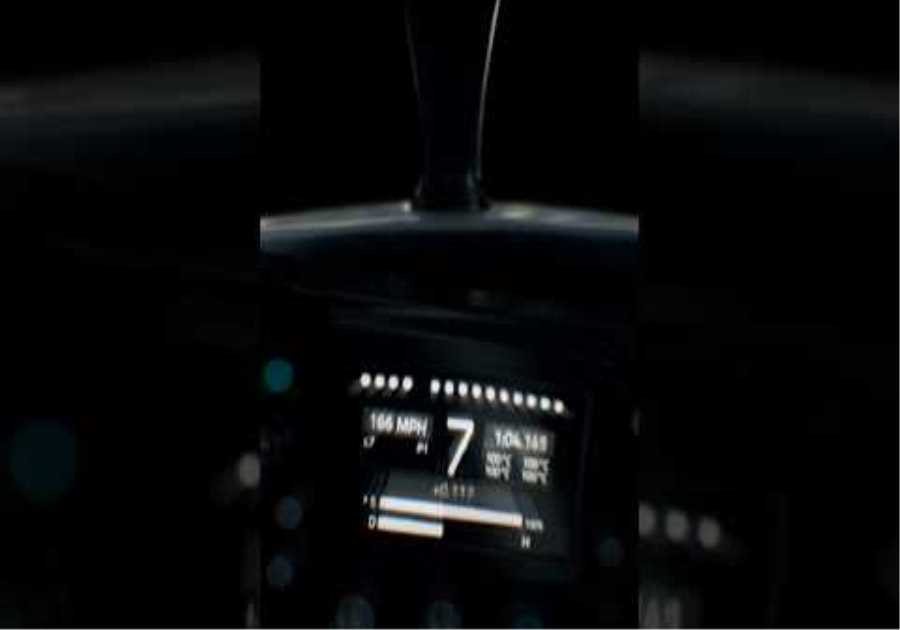
The FIA announced on Tuesday that Red Bull had protested the penalty Lewis Hamilton received at the British Formula One Grand Prix for believing it wasn’t harsh enough.
This is not the first time an F1 team has protested a penalty, but has the FIA ever changed a penalty after a protest and has ever increased the severity of a penalty after an appeal?
Has the FIA ever changed a sentence after an appeal?
James Hunt, McLaren M23
Photo by: Sutton Images
There have been many appeals from teams in Formula 1, although they are usually raised by the teams the decision was made against – not the team that was not penalized.
One of the most famous appeals came during the 1976 F1 season when James Hunt and Niki Lauda of McLaren and Ferrari respectively battled for the championship.
On May 1st, new rules for the width of a car were introduced, which narrowed the allowable width of the cars.
The race, held on May 2, was won by Hunt, who crossed the finish line over 30 seconds ahead of Ferrari’s Lauda. However, he was disqualified when the post-race technical inspection found that his car was 1.5 cm too wide. This gave Lauda the victory.
McLaren believed the difference that 1.5cm made was negligible and was due to wider rear tires appealed. Two months after the race, the appeal was successful and Hunt was reinstated as the winner of the Spanish Grand Prix.
There was another controversial penalty at the 1999 Malaysian Grand Prix, this against Ferrari.
His two drivers, Michael Schumacher and Eddie Irvine, finished first and second with McLaren rival Mika Häkkinen in third, giving Irvine a four-point lead in the championship before the last race.
That was until the stewards discovered an infringement on the bargeboards of the two Ferraris that resulted in both being disqualified.

Michael Schumacher, Ferrari F399, leads Mika Häkkinen, McLaren MP4-14 Mercedes.
Photo by: Motorsport Images
Ferrari appealed the decision and was successful: the disqualification was lifted and it was back in first and second place. In the last race, Irvine lost the championship by two points to Häkkinen.
A more recent example comes from 2019, when Sebastian Vettel was punished for an unsafe re-entry at the Canadian Grand Prix.
Vettel was given a five-second penalty during the race, dropping him to second place behind Lewis Hamilton. Ferrari originally intended to appeal the decision but eventually decided against it.
The most recent example of an appeal penalty is from 2020.
Five of the teams appealed the previously approved Racing Point car because they felt it was too similar to the 2019 Mercedes W10. The appeal was successful for the protesting teams and Racing Point was fined € 400,000 and 15 championship points, but was allowed to keep the offending parts for the remainder of the season.
Since Ferrari felt that the sentence was not severe enough, Ferrari announced it would file another appeal against the verdict with the aim of imposing even more penalties on Racing Point – this was eventually dropped.
Racing Point also withdrew its appeal against the ruling, saying it was doing “in the broader interest of the sport”.
While the Racing Point protest came from teams who believed a competitor was playing an illegal role, protests against in-race penalties are rare – and even more rare if they weren’t made by the punished team.
Has the FIA ever made a penalty harsher?
One of the rare cases where a penalty was increased was against Irvine in Brazil in 1994.
Irvine, who was driving for Jordan, and Jos Verstappen came to lap Eric Bernhard when Irvine pulled to the left, forcing Verstappen off the track.
The Dutchman lost control on the lawn and turned back across the track, collecting Irvine and Bernhard as well as Martin Brundle just ahead of the trio. All four had to finish the race.
Irvine was fined $ 10,000 and banned from a race. Jordan appealed, but the penalty was actually increased to three races.
While the penalty was increased in this case, it came from the penalized team that appealed – not another (but still involved) team attempting to increase the severity of the penalty.
The post Has Formula 1 ever increased a penalty after an appeal? first appeared on monter-une-startup.Did you miss our previous article...
https://formulaone.news/mclaren/listen-to-the-v12-exhaust-from-the-gordon-murray-t50






